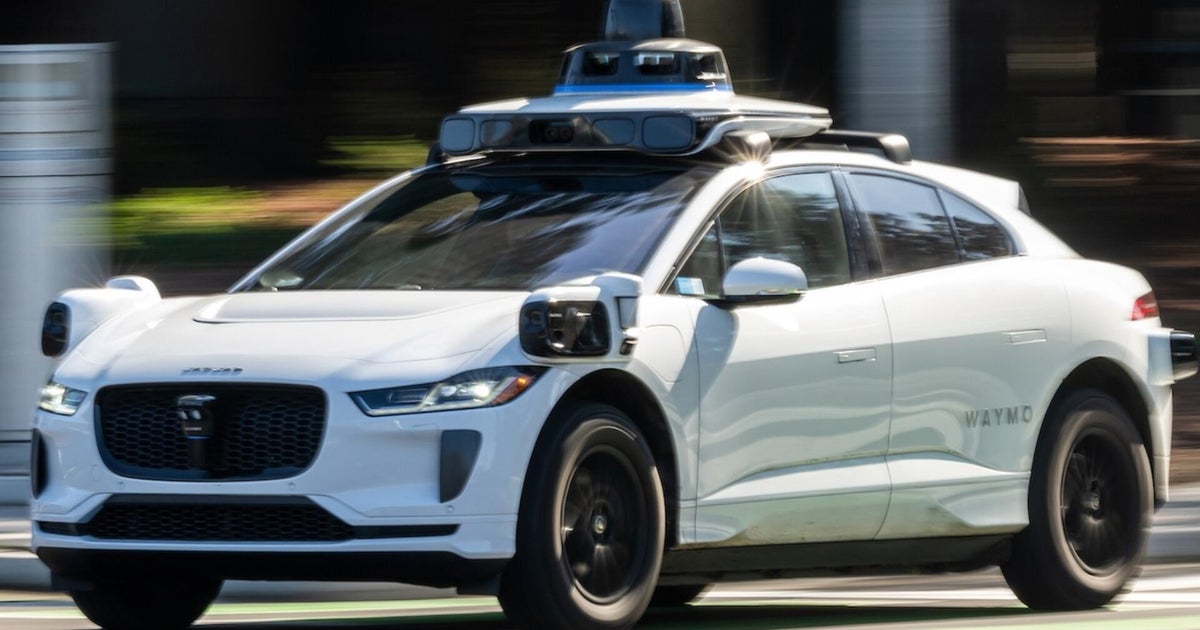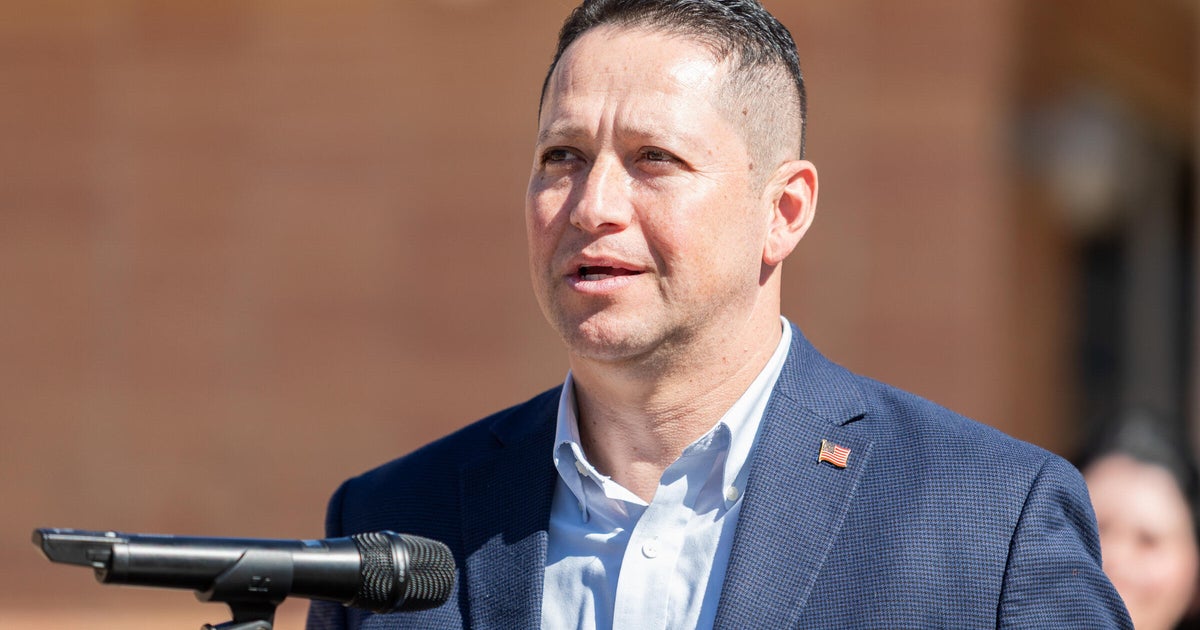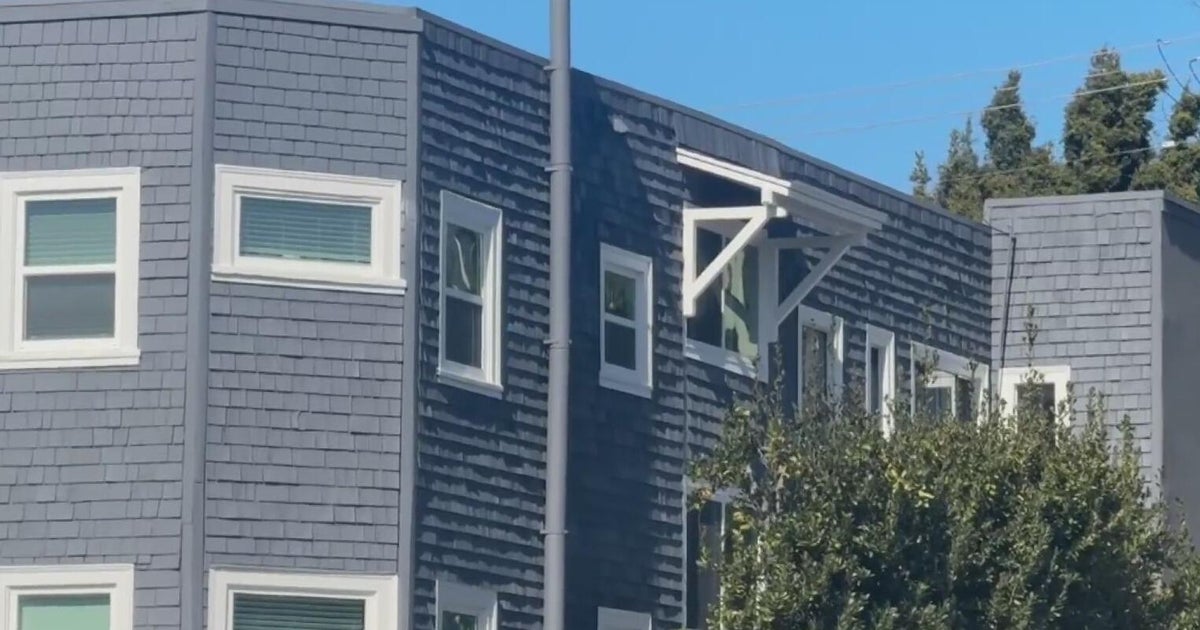Fauci says young people driving "paradigm shift" in virus pandemic
Members of the White House Coronavirus Task Force on Friday said the nature of the coronavirus pandemic, and how they are approaching it, has changed drastically since it began nearly four months ago. Dr. Anthony Fauci, the nation's leading infectious disease expert, called the change a "paradigm shift" that has largely been driven by young people.
"It's a paradigm shift because we're dealing with young people, people who are going to be asymptomatic, and people who are getting infected in a community setting, not an outbreak setting where you know who to identify, isolate and contact trace," Fauci said.
The task force briefing, the first in nearly two months, was held after the number of new coronavirus cases in the U.S. hit an all-time high of 40,000 on Friday — a resurgence that has led some governors to backtrack, or at least halt, their state's plans for reopening.
"What I meant by what is not working — and this is not anybody's fault, or any institution's fault — is that what we're dealing with right now is community spread in the context of a substantial proportion of the people that are getting infected do not know they're infected, they're not symptomatic, they're asymptomatic individuals," Fauci said. "The classic paradigm of identification, isolation and contact tracing, to actually contain that, is very difficult to make that work under those circumstances."
While the increase is believed to partly reflect widened testing, there's also evidence the virus is making a comeback.
Fauci said that some areas of the country are "doing very well," but said that other areas are "facing a serious problem." He did not pinpoint why some areas are still facing an increase in cases and hospitalizations, but urged people to follow the guidance being given by their local and state leadership.
"A risk for you is not just isolated to you," he said. "Because if you get infected, you are part, innocently or inadvertently, of propagating the dynamic process of a pandemic."
He said the majority of people getting infected are now young, warning those in that age group: "If you get infected you will infect someone else… and then ultimately you'll infect someone who's vulnerable."
"The only way we're going to end it is by ending it together."
Unlike past briefings, it was held at the Department of Health and Human Services headquarters in Washington, D.C., not at the White House.
Fin Gomez and The Associated Press contributed to this report.



